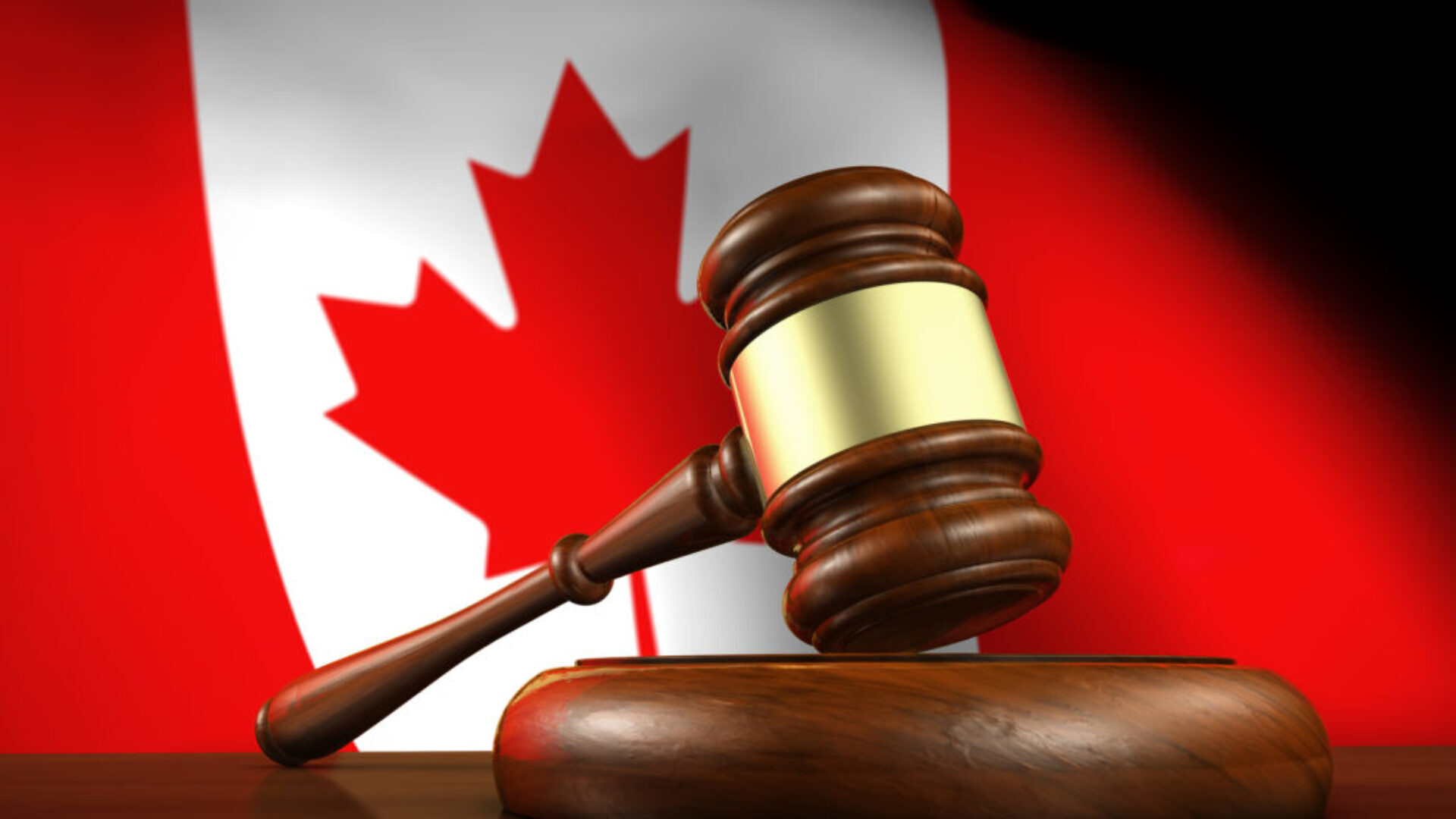Refugee Application Outside Canada

Refugee Application Outside Canada
In an ever-evolving global landscape characterized by displacement and forced migration, the pursuit of safety and stability drives individuals and families to seek refuge in foreign lands. For those hoping to find safety and a fresh start, Canada has long been regarded as a beacon of hope and opportunity. Hence, individuals choose to submit a Refugee Application outside Canada. This approach has many vital aspects, and their understanding is essential for those considering this path to protection.
Responsibilities of UNHCR, CIC, IOM
UNHCR (United Nations High Commissioner for Refugees), CIC (Immigration, Refugees and Citizenship Canada), and IOM (International Organization for Migration) collaborate to facilitate the resettlement process for refugees who want to submit Refugee Application outside Canada and resettle in the country.
UNHCR identifies and refers refugees who require resettlement to Canada. They assess the vulnerability and protection needs of refugees and determine their eligibility for Refugee Application from overseas. UNHCR also assists in preparing necessary documentation, such as referral letters, security checks, and medical examinations.
The CIC department of the Canadian government collaborates with UNHCR and IOM to select refugees for resettlement in Canada. CIC reviews the resettlement submissions received from UNHCR and determines the eligibility of foreigners for Refugee Application outside Canada. Once refugees are selected, CIC guides them through the Refugee Application from overseas process. Then, officers process the applications, review supporting documents, and make decisions on whether to approve the refugees for resettlement in Canada.
IOM plays a vital role in coordinating pre-departure and travel arrangements for resettling refugees. They arrange medical screenings, cultural orientation, and travel planning.

Types of Refugees under the Refugee and Humanitarian Resettlement Program
Individuals cannot directly submit Refugee Application from overseas to Canada. Instead, they must be identified by the UNHCR, get a referral letter from UNHCR, and undergo a processing period. To be eligible for referral as a refugee, individuals must fall into one of two refugee types: the Convention Refugee Abroad class or the Country of asylum (Humanitarian-Protected Persons Abroad) class.
The Convention Refugee Abroad class includes individuals who are outside their home country and are unable to return due to a well-founded fear of persecution based on various grounds. These grounds include race, religion, political opinion, nationality, or membership in a particular social group. Convention refugees can submit Refugee Application outside Canada as government-assisted refugees or privately sponsored refugees.
The second type is the Country of asylum class. Individuals may fall into this class if they are outside their home country or the country where they usually reside. They have experienced significant hardship due to civil war, armed conflict, or ongoing denial of basic human rights. Refugees in the Country of asylum class have the option to submit Refugee Application outside Canada as privately sponsored refugees.
Financial and Resettlement Support Programs
Three main sponsorship programs can help you submit Refugee Application from abroad. The first program is called the Government-Assisted Refugees (GAR). It is not possible to directly submit a Refugee Application outside Canada as a government-assisted refugee. Instead, collaboration with referral organizations, such as the UNHCR, is crucial in identifying and reaching out to individuals in need of resettlement. To be considered by a referral organization, it is necessary to register for refugee status with the UNHCR or relevant state authorities.
The second program is Private Sponsorship. You can submit a Refugee Application outside Canada as a privately sponsored refugee when a group of people in Canada volunteer to help you adjust to life here.
Private Sponsorship includes three types of sponsors. Sponsorship Agreement Holders (SAH) have formal agreements with the Government of Canada to provide support to refugees. The second type is a Group of Five (G5). It is a collective of five or more Canadian citizens or permanent residents who have joined together to sponsor a refugee residing abroad and help them with Refugee Application outside Canada. The third type is Community Sponsors. It can be organizations, associations, or corporations that are ready to sponsor refugees to come to Canada.
G5 and Community Sponsors are eligible to sponsor individuals who have been officially recognized as refugees by either the UNHCR or the government of the foreign state where the refugee currently resides.
The third program under which individuals can submit Refugee Application from overseas is Joint Assistance Sponsorship (JAS). Immigration, Refugees and Citizenship Canada occasionally collaborates with Sponsorship Agreement Holders to sponsor government-assisted refugees with special needs. Special needs may include medical disabilities, trauma from violence or torture, the effects of systemic discrimination, or an extended family.

Special Needs Cases of Refugee Application
In emergencies, Canada can provide urgent protection to a limited number of government-assisted refugees through the Urgent Protection Program (UPP). If these individuals are not safeguarded, there is a high likelihood that they could face severe consequences such as violence, torture, sexual assault, arbitrary imprisonment, or forced return to their country of origin or previous habitual residence.
Among the main special needs cases is the Woman at Risk Program. The UPP encompasses cases involving women whose lives are in jeopardy and require immediate protection. Women who are deemed vulnerable or facing imminent danger do not need to demonstrate their potential for settlement. However, like all individuals who submit Refugee Application outside Canada, women at risk and their accompanying dependents must meet medical, security, and criminality criteria.
The next special need case is the Vulnerable Person Case. Individuals may be considered vulnerable and require special attention, such as pregnant women, elderly individuals, unaccompanied minor children, and individuals with physical disabilities or injuries. The not immediately apparent Vulnerable Person Cases may include victims of gender-based violence, individuals who have experienced trauma, and children who have been victims of abuse.
Guide for Refugee Application outside Canada
Once you know the main aspects of the Refugee and Humanitarian Resettlement Program, it is time to discuss how to prepare and submit Refugee Application outside Canada.
The first step is to make sure you are eligible for refugee protection in Canada.
- The principal applicant and their family members must be referred by the UNHCR or a private sponsor. To get a referral from UNHCR, the individual must contact their local office and describe their situation.
- You ought to fall under the Convention Refugee Abroad Class or Country of Asylum Class.
- You must show that you have no durable solution available, meaning there are no other reasonable options for you to find long-term safety or protection.
- You and your family members need to pass medical, security, and criminality checks.
The second step is to prepare the required documents and fill out the forms for Refugee Application outside Canada. If your documents are not in English or French, you ought to provide their translation and affidavit.
Refugee Application outside Canada must include Generic Application Form for Canada, Schedule A: Background/Declarations, Schedule 2: Refugees Outside Canada Form, one photo of yourself and each of your family members taken in the last six months, and Additional Dependants/Declaration Form. When possible, you need to submit civil status documents, children’s information, background documents, travel documents, and passports. If you are sponsored by G5 or Community Sponsors, you must also provide a Proof of Refugee Status – Refugee Status Determination Document.
The next step is to submit a Refugee Application outside Canada. If you apply as a Privately Sponsored Refugee, your sponsor will submit your Refugee Application outside Canada on your behalf to the Resettlement Operations Centre in Ottawa (ROC-O).
If you apply as a Government-Assisted Refugee and your case is referred by the UNHCR or another referral organization, the overseas office of the IRCC will provide you with instructions on how to submit your completed Refugee Application outside Canada directly to their office.

Processing Time and Fees of Refugee Application
There are no processing fees for Refugee Application outside Canada. However, Sponsorship Agreement Holders can request compensation for document processing, translation, or other administrative expenses up to $250 per application.
In general, the processing time for a Refugee Application outside Canada can range from four months to two years. The initial assessment of the application involves a review of the documentation provided, background checks, and interviews. Still, special needs cases and cases for urgent protection often get priority and expedited processing.
List of Ineligible Individuals for Refugee Application outside Canada
You are not eligible to submit a Refugee Application outside Canada in four situations.
- You have an offer to be resettled in another country where you can be protected.
- You become a citizen of another country that can provide you with protection.
- You choose to return to the country you fled.
- The reasons that forced you to leave your country no longer exist, such as a significant improvement in the overall situation.
In case, if you need immigration law professional in order to apply for Refugee Application, please fill in application below or contact us directly after getting UNHCR letter to Canada.

